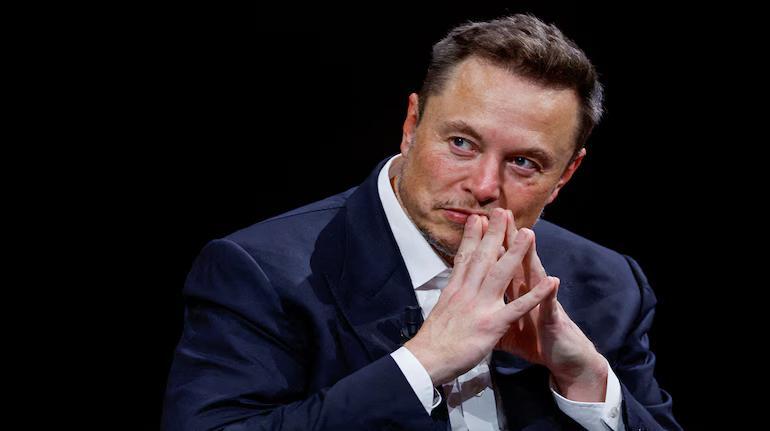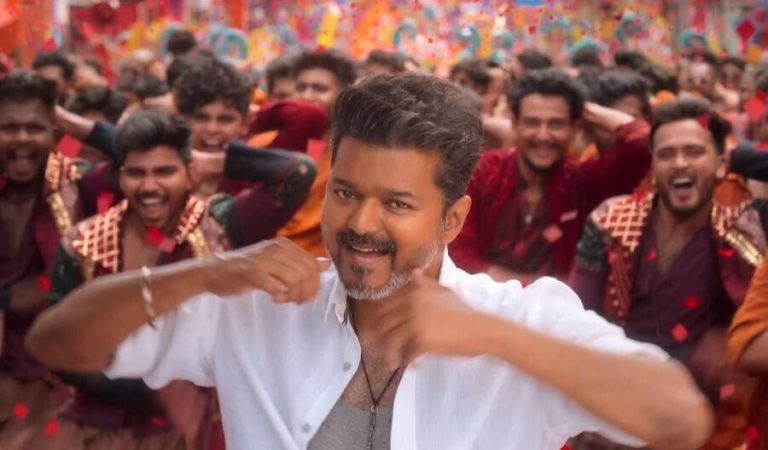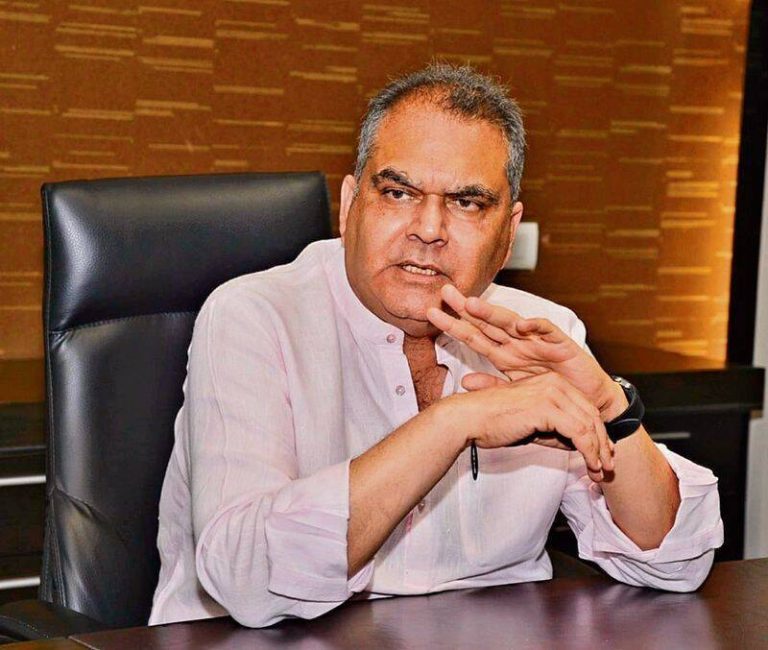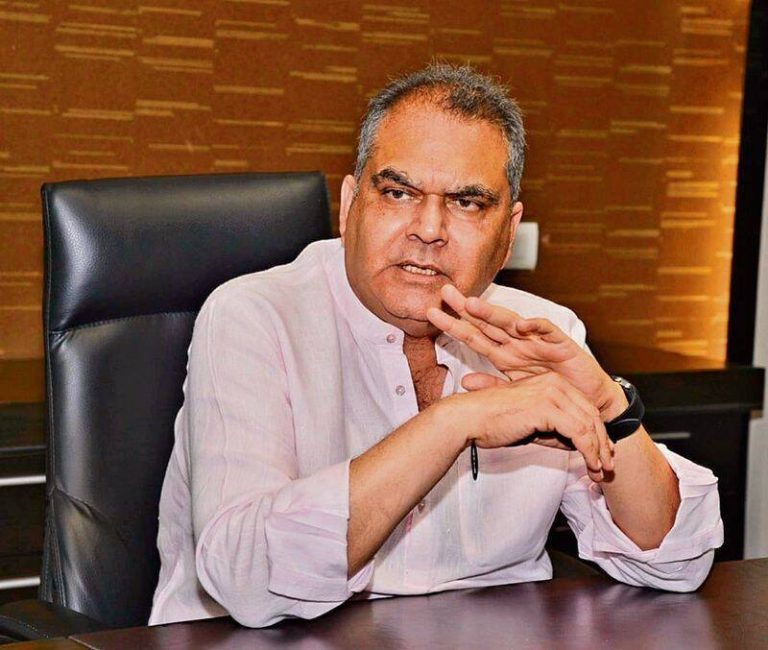
Poverty an engineering issue, AI & humanoid robots will end it: Musk
The world has long struggled with the issue of poverty, with many experts and leaders proposing various solutions to alleviate this pervasive problem. However, billionaire and xAI CEO Elon Musk has taken a unique stance, opining that poverty is, in fact, an engineering issue. According to Musk, the key to eliminating poverty lies in the advancement of artificial intelligence (AI) and humanoid robots. This bold claim was made by Musk at the US-Saudi Investment Forum, where he emphasized that AI and robotics are the only way to make everyone wealthy.
Musk’s statement has sparked intense debate and discussion, with many experts and analysts weighing in on the feasibility of his proposal. While some have expressed skepticism, others have applauded Musk’s innovative thinking and willingness to challenge conventional wisdom. As we delve into the details of Musk’s argument, it becomes clear that his vision for a poverty-free world is rooted in the potential of AI and robotics to transform the global economy.
At the heart of Musk’s proposal is the idea that AI and humanoid robots can automate many of the tasks that currently require human labor. By leveraging these technologies, Musk believes that we can increase productivity and efficiency, leading to a significant reduction in the cost of goods and services. As AI and robotics continue to advance, Musk predicts that the concept of money will eventually become less relevant, as people’s basic needs are met through the abundance of resources generated by these technologies.
One of the primary advantages of AI and humanoid robots is their ability to perform tasks with greater speed and accuracy than humans. This can lead to significant improvements in industries such as manufacturing, healthcare, and transportation, where automation can help to reduce costs and increase productivity. Additionally, AI and robotics can help to address some of the world’s most pressing challenges, such as climate change, by enabling the development of sustainable energy sources and reducing waste.
Musk’s vision for a future where AI and humanoid robots have eliminated poverty is certainly compelling. Imagine a world where everyone’s basic needs are met, and people are free to pursue their passions and interests without the burden of financial stress. This is a world where education, healthcare, and other essential services are available to all, regardless of income or social status. It is a world where the concept of poverty is a distant memory, and where humanity can focus on achieving its full potential.
However, as with any visionary proposal, there are also potential challenges and drawbacks to consider. One of the primary concerns is the impact of AI and robotics on employment, as many jobs may become automated, leading to significant job displacement. This could exacerbate existing social and economic inequalities, as those who are already wealthy and well-connected may be better positioned to adapt to the changing job market.
Another challenge is the need for significant investment in AI and robotics research and development, as well as the infrastructure required to support these technologies. This could be a major hurdle, particularly in developing countries where resources are already scarce. Furthermore, there are also ethical considerations to take into account, such as the potential for AI and humanoid robots to be used for malicious purposes, or the possibility of these technologies exacerbating existing social biases.
Despite these challenges, Musk’s proposal has sparked a vital conversation about the potential of AI and robotics to address some of the world’s most pressing problems. As we move forward, it is essential that we consider the potential benefits and drawbacks of these technologies and work towards developing solutions that prioritize human well-being and dignity. By doing so, we can create a future where AI and humanoid robots are used to enhance and augment human capabilities, rather than simply replacing them.
In conclusion, Elon Musk’s proposal that poverty is an engineering issue that can be solved through the advancement of AI and humanoid robots is a bold and thought-provoking idea. While there are certainly challenges and drawbacks to consider, the potential benefits of these technologies are undeniable. As we continue to explore the possibilities of AI and robotics, it is essential that we prioritize human well-being and dignity, and work towards creating a future where everyone has the opportunity to thrive.





